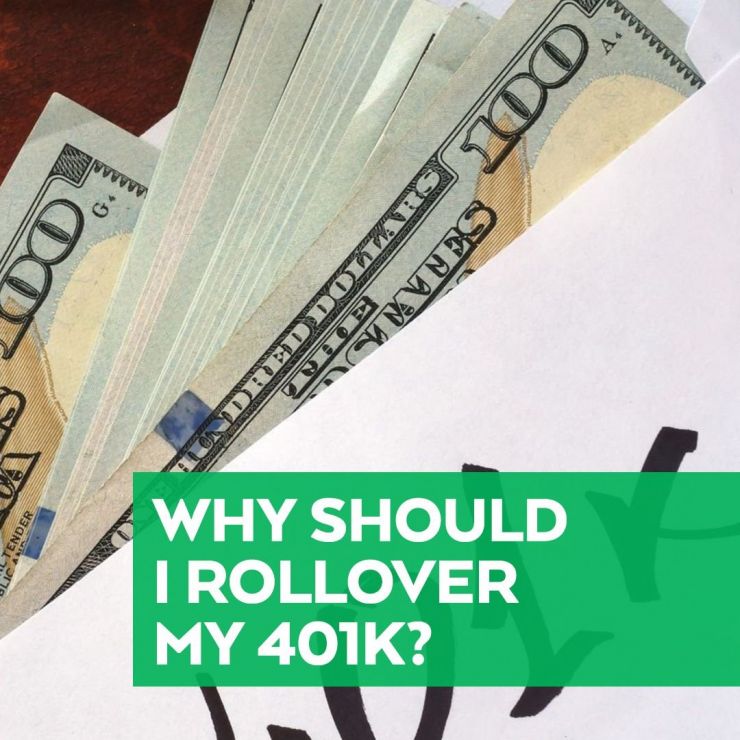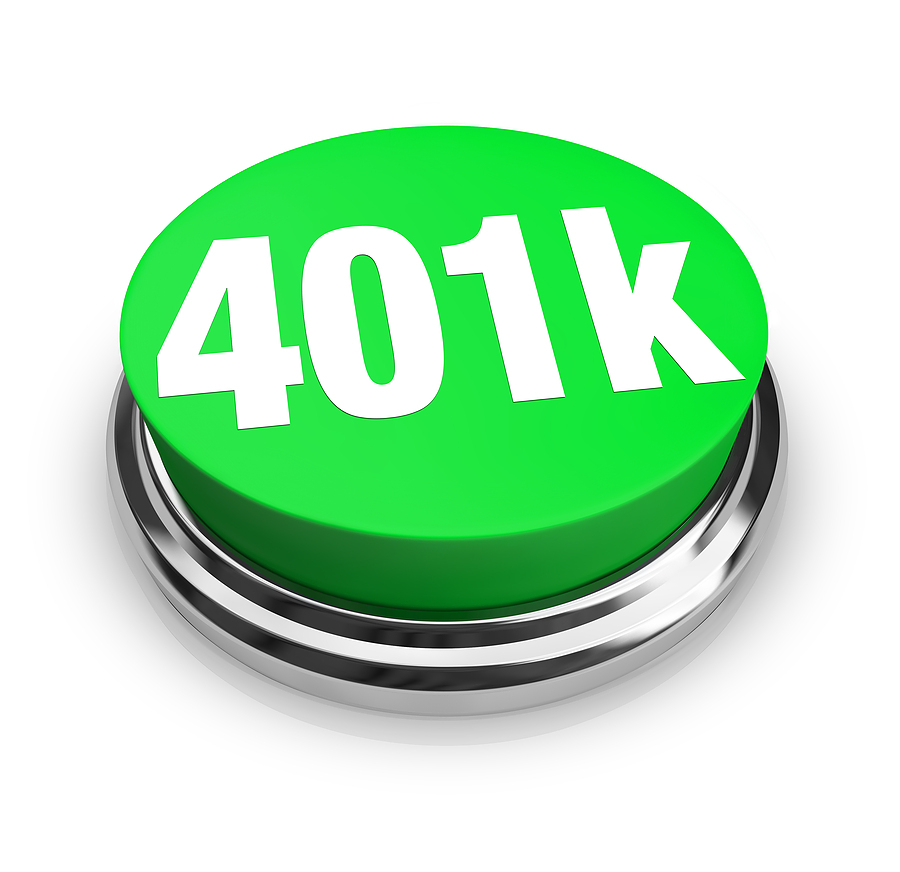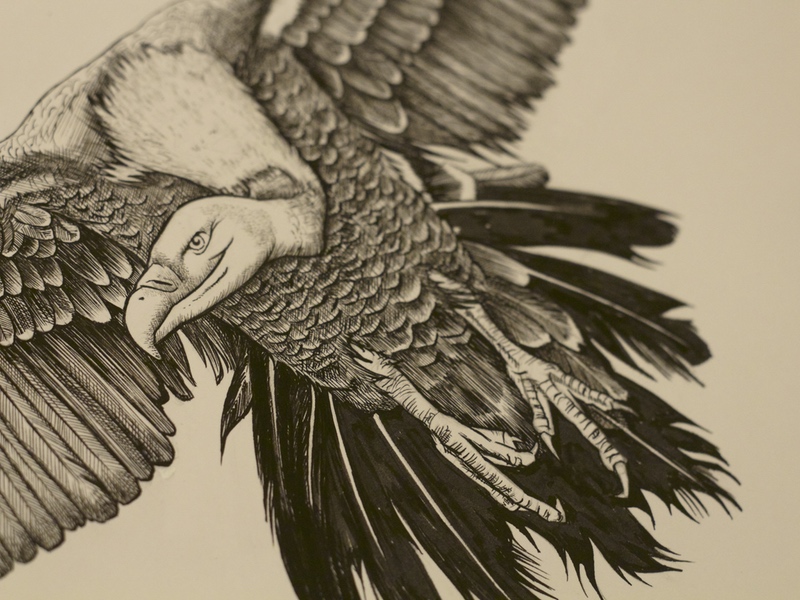401k financing franchise unexpected advantages ira dream source retirement
Table of Contents
Table of Contents
Are you approaching retirement age and wondering how old you need to be to start drawing on your 401k? The answer is not as simple as a specific age, and there are several factors to consider before making this decision. Keep reading to learn more about how to determine the right time to start drawing on your 401k.
Pain Points of Drawing on Your 401k
It can be daunting to think about accessing your retirement savings after years of contributing to your 401k. You may worry about running out of money in retirement or not knowing how much you will need to withdraw each year. Additionally, there may be tax implications for withdrawing funds before a certain age, which can create further stress and confusion.
So, how old do you need to be to start drawing on your 401k? The answer depends on several factors, including your retirement goals, current financial situation, and the rules of your specific 401k plan.
Factors to Consider When Drawing on Your 401k
Before deciding when to start drawing on your 401k, it is essential to review your retirement goals and how they align with your current financial situation. Consider factors such as your expected retirement expenses, other sources of retirement income, and potential healthcare costs. You also want to review your 401k plan’s rules and regulations to determine if there are penalties for early withdrawals or specific age requirements for distributions.
Target Age to Start Drawing on Your 401k
The specific age to start drawing on your 401k can vary, but generally, you can start making penalty-free withdrawals at age 59 1/2. However, some plans may allow for earlier withdrawals in certain situations, such as a hardship withdrawal or if you separate from your employer before age 59 1/2.
It is important to note that while 59 1/2 is the target age for penalty-free withdrawals, you are not required to start taking distributions until age 72, according to IRS regulations. This is known as the required minimum distribution (RMD), and it is the minimum amount of money you must withdraw from your 401k each year after reaching age 72.
Personal Experience with Drawing on a 401k
I personally started drawing on my 401k at age 62, as I had other sources of retirement income and did not want to be penalized for early withdrawals. However, everyone’s financial situation is unique, and it is crucial to consider your own retirement goals and financial needs before making this decision.
Considerations for Early Retirement
If you plan to retire before age 59 1/2, you may want to consider other sources of income to avoid penalties for early withdrawals. This can include taxable investment accounts, savings accounts, or even part-time work during retirement. It is essential to have a solid retirement plan in place to ensure that you can access the funds you need without jeopardizing your financial future.
Tax Implications of Drawing on Your 401k
When you start drawing on your 401k, you will be responsible for paying taxes on the distributions. The amount of taxes you owe will depend on your tax bracket and the amount you withdraw. It is crucial to factor in taxes when determining how much you can withdraw each year and how it will impact your overall retirement income.
Question and Answer
Q: Can I withdraw money from my 401k before age 59 1/2?
A: While there are penalties for early withdrawals before age 59 1/2, some plans may allow for hardship withdrawals or if you separate from your employer before reaching age 59 1/2.
Q: What is the required minimum distribution (RMD) for a 401k?
A: The RMD is the minimum amount of money you must withdraw from your 401k each year after reaching age 72.
Q: Can I delay taking distributions from my 401k?
A: You are not required to start taking distributions until age 72, but you can choose to start earlier if you need the funds.
Q: How much can I withdraw from my 401k each year?
A: The amount you can withdraw will depend on your retirement goals, financial situation, and the rules of your specific 401k plan. It is important to consider taxes and potential penalties for early withdrawals when determining how much you can safely withdraw each year.
Conclusion of How Old to Draw on 401k
Ultimately, the decision of when to start drawing on your 401k will depend on your unique financial situation and retirement goals. While there are guidelines for age requirements and minimum distributions, it is essential to consider your own needs and potential tax implications before making this decision. By carefully reviewing your financial situation and consulting with a financial advisor, you can make an informed decision about when to start drawing on your 401k.
Gallery
What’s Your Old 401k Up To? - Invested Interests

Photo Credit by: bing.com / 401k
InvestEd :: Why Should I Rollover My Old 401K?

Photo Credit by: bing.com / 401k rollover
Should I Keep My 401K With My Old Employer?

Photo Credit by: bing.com / 401k employer
What Do I Do With An Old 401k? - YouTube

Photo Credit by: bing.com / 401k old
Financing Franchise

Photo Credit by: bing.com / 401k financing franchise unexpected advantages ira dream source retirement






